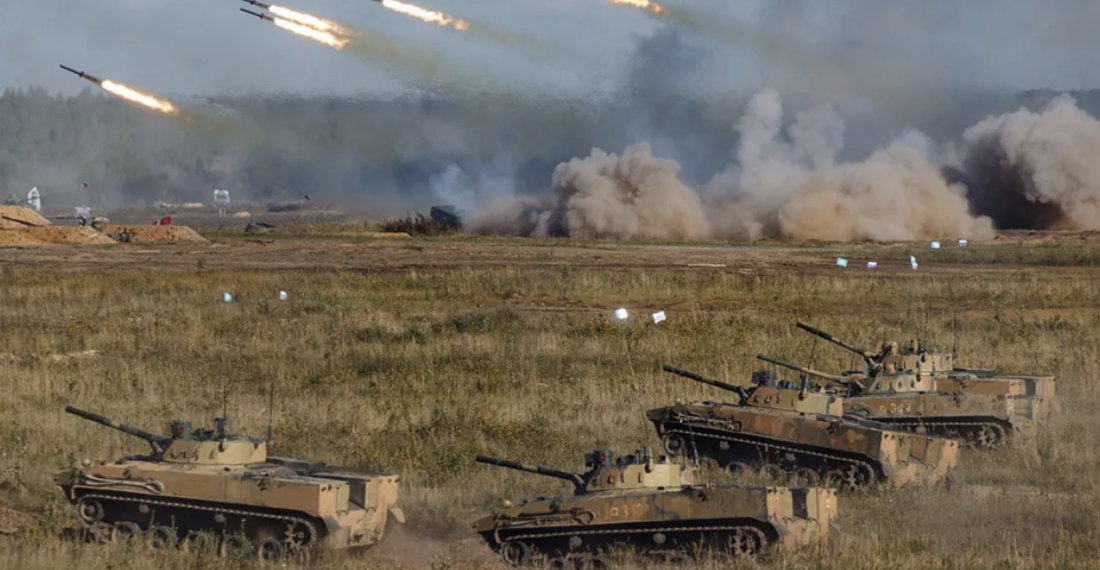On Friday (12 September), Russia and Belarus commenced large-scale joint military exercises under the name “Zapad 2025,” in operations that have triggered concern among NATO members along the alliance’s eastern frontier. The manoeuvres begin only days after Poland accused Moscow of violating its airspace with an unprecedented number of drones, intensifying tensions across the region.
According to the Russian Ministry of Defence, the purpose of Zapad 2025 is to enhance the skills of commanders and staff, improve cooperation, and conduct field training among regional and allied troop groupings. The Kremlin insists the drills were planned well in advance of the drone incident on Wednesday (10 September) involving Poland.
Poland has responded by shutting its last open border crossings with Belarus, erecting barbed wire along the frontier, and declaring a heightened alert. Polish Prime Minister Donald Tusk described the coming days as "critical", warning that his country is nearer to “open conflict” than at any point since World War II. Lithuania and Latvia have also stepped up their security measures, including partial airspace closures.
Ukraine, meanwhile, has interpreted the exercises as signalling that Moscow’s ambitions are broader than its ongoing conflict in Ukraine alone. President Volodymyr Zelenskyy asserted that Russia’s actions are not purely defensive, citing the mobility and placement of forces near NATO borders as a cause for concern.
France has joined in expressing concern, with President Emmanuel Macron pledging to send three Rafale fighter jets to assist Poland in safeguarding its airspace. France will also summon the Russian ambassador over the drone incident.
The scale of Zapad 2025 is somewhat reduced compared to earlier iterations. Belarus initially announced the participation of 13,000 troops, but that figure was later halved. This year’s drills cover areas near Borisov, east of Minsk, and attention has centred on the Suwalki Corridor—a narrow stretch of NATO territory between Poland and Lithuania that could be a strategic vulnerability.
Belarusian President Alexander Lukashenko has dismissed suggestions that the exercises are provocations as “utter nonsense,” while Belarusian officials earlier claimed that some portions of the operation have been shifted away from NATO borders “to reduce tensions.”






